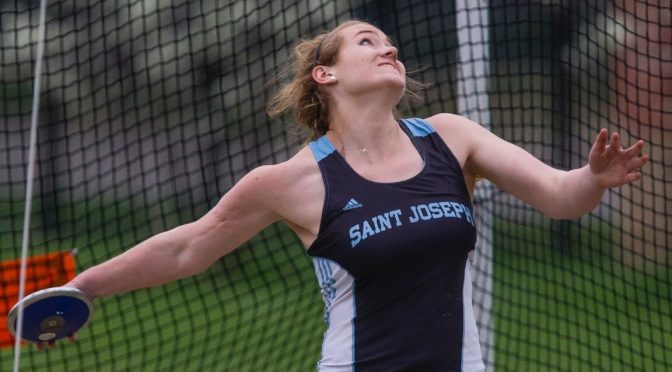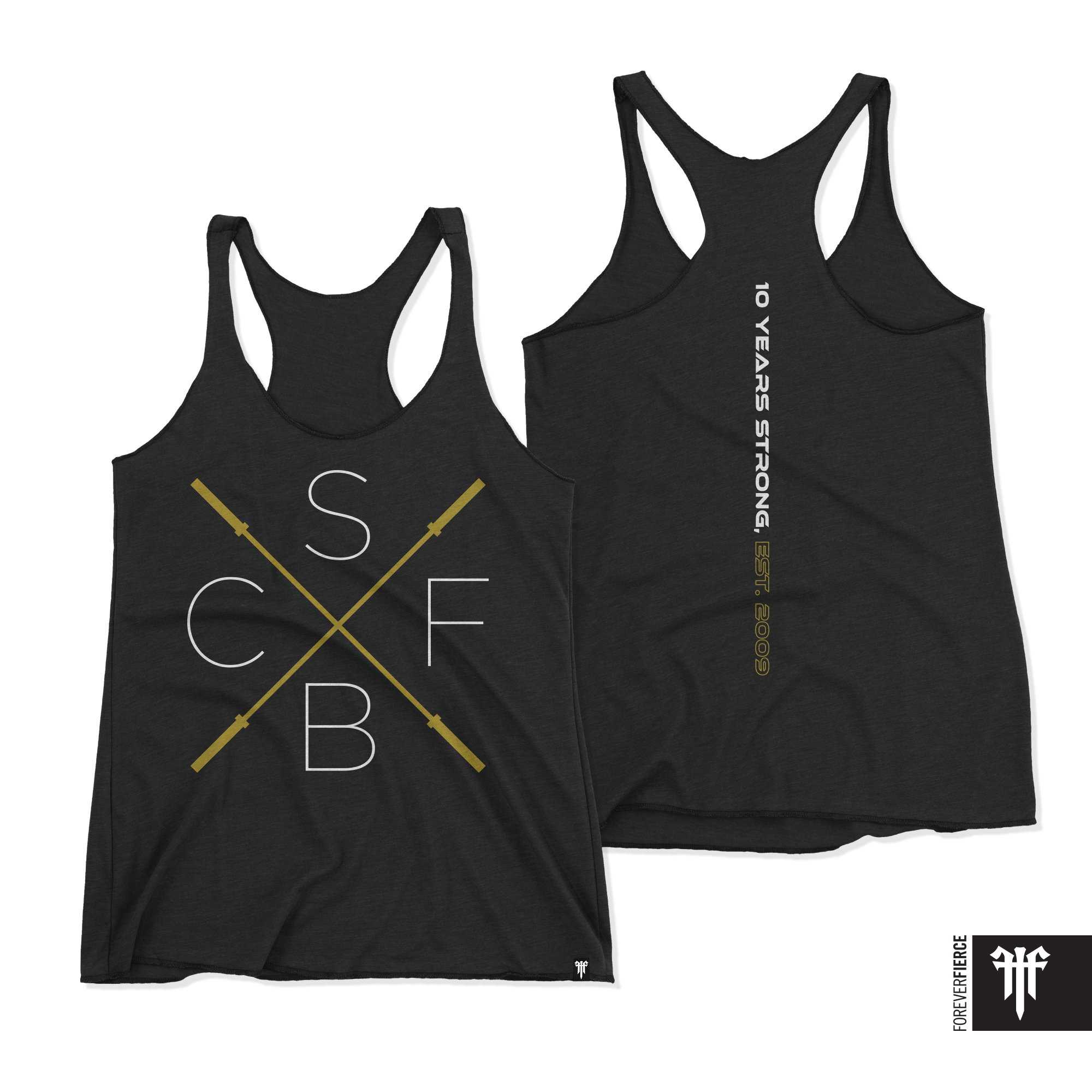In this video we talk about what sort of goals a nutrition coach can help you achieve.
It really boils down to three main things. A nutrition coach can help you achieve optimal:
3) Body Composition (lower body fat/more muscle)
-Here, we're talking about things like how do you feel, do you have enough energy throughout the day, do you wake up feeling tired, do you get the two p.m. slump, are you sleeping properly, are you recovering well from workouts, do you have cravings all the time?
-With proper health, we teach people how to eat nutrient dense real whole food that sustains them, that gives them proper blood sugar levels, that makes it so that they have fewer cravings so that they're getting properly fueled throughout the day and they're not kind of really energized and then crashing.
-We help people get the adequate nutrients they need to feel like the best version of themselves
- If someone's just looking to perform well at their sport it's really important for them to get adequate calorie amounts, adequate amounts of protein, carbs and fat but also food quality.
-You see it a ton in sports where people are like well, as long as I'm eating what I need to eat, it could be pizza and milk and other things, just tons of calories. Well, you're fueling your body but are you fueling your body right and are you recovering properly from workouts and are you minimizing inflammation and are you digesting things well?
- So we can help people by teaching them the proper foods that are gonna help nourish their body in addition to the proper amount of calories, protein, carbs and fat.
-A lot of people are looking to lose weight and lose body fat, get lean, get a six pack or maybe get stronger and build muscle mass. As nutrition coaches, we can help people adjust their calorie intake to achieve either goal.
-If they're looking to get lean, we're obviously gonna probably take things down a bit. If they're looking to get strong and big, we're gonna build things up a little bit.
-With body composition, we can also adjust your macronutrients, things like your protein and carb and fat intake.
So a nutrition coach can help you with a lot of different things but I would say the three main things are your body composition, your health and your performance.
_________________________________________________________________________
Transcript
- Hey, guys, Robby here from CFSB Nutrition at CrossFit South Bend. Today we're gonna talk about what sort of goals a nutrition coach can help you achieve. So in my view, it really boils down to three main ones. There are others as well but these are the three main ones, body composition, health and performance. So let's talk about each. So body composition. A lot of people are looking to lose weight and lose body fat, get lean, get a six pack or maybe get stronger and build muscle mass. As nutrition coaches, we can help people adjust their calorie intake to achieve either goal. If they're looking to get lean, we're obviously gonna probably take things down a bit. If they're looking to get strong and big, we're gonna build things up a little bit. With body composition, we can also adjust your macronutrients, things like your protein and carb and fat intake. What about health? Here, we're talking about things like how do you feel, do you have enough energy throughout the day, do you wake up feeling tired, do you get the two p.m. slump, are you sleeping properly, are you recovering well from workouts, do you have cravings all the time? With proper health, we teach people how to eat nutrient dense real whole food that sustains them, that gives them proper blood sugar levels, that makes it so that they have fewer cravings so that they're getting properly fueled throughout the day and they're not kind of really energized and then crashing. We could help people get the adequate nutrients they need to feel like the best version of themselves and then performance. If someone's just looking to perform well at their sport, boy, it's really important for them to get adequate calorie amounts, adequate amounts of protein, carbs and fat but also food quality. You see it a ton in sports where people are like well, as long as I'm eating what I need to eat, it could be pizza and milk and other things, just tons of calories, well, you're fueling your body but are you fueling your body right and are you recovering properly from workouts and are you minimizing inflammation and are you digesting things well? So we can help people by teaching them the proper foods that are gonna help nourish their body in addition to the proper amount of calories, protein, carbs and fat. So a nutrition coach can help you with a lot of different things but I would say the three main things are your body composition, your health and your performance. Alright, guys, hopefully now you've got a good sense of how that all works. Thanks so much for tuning in, we'll see ya next time.





